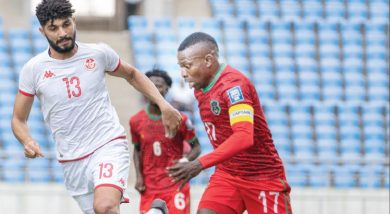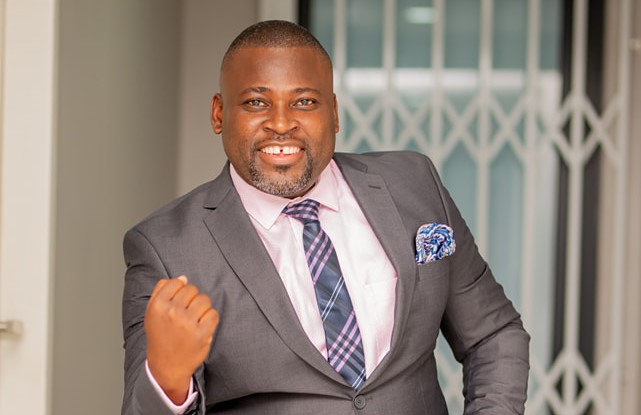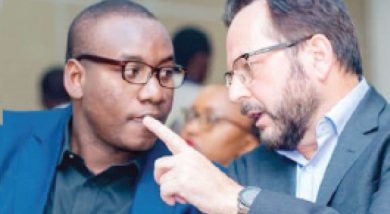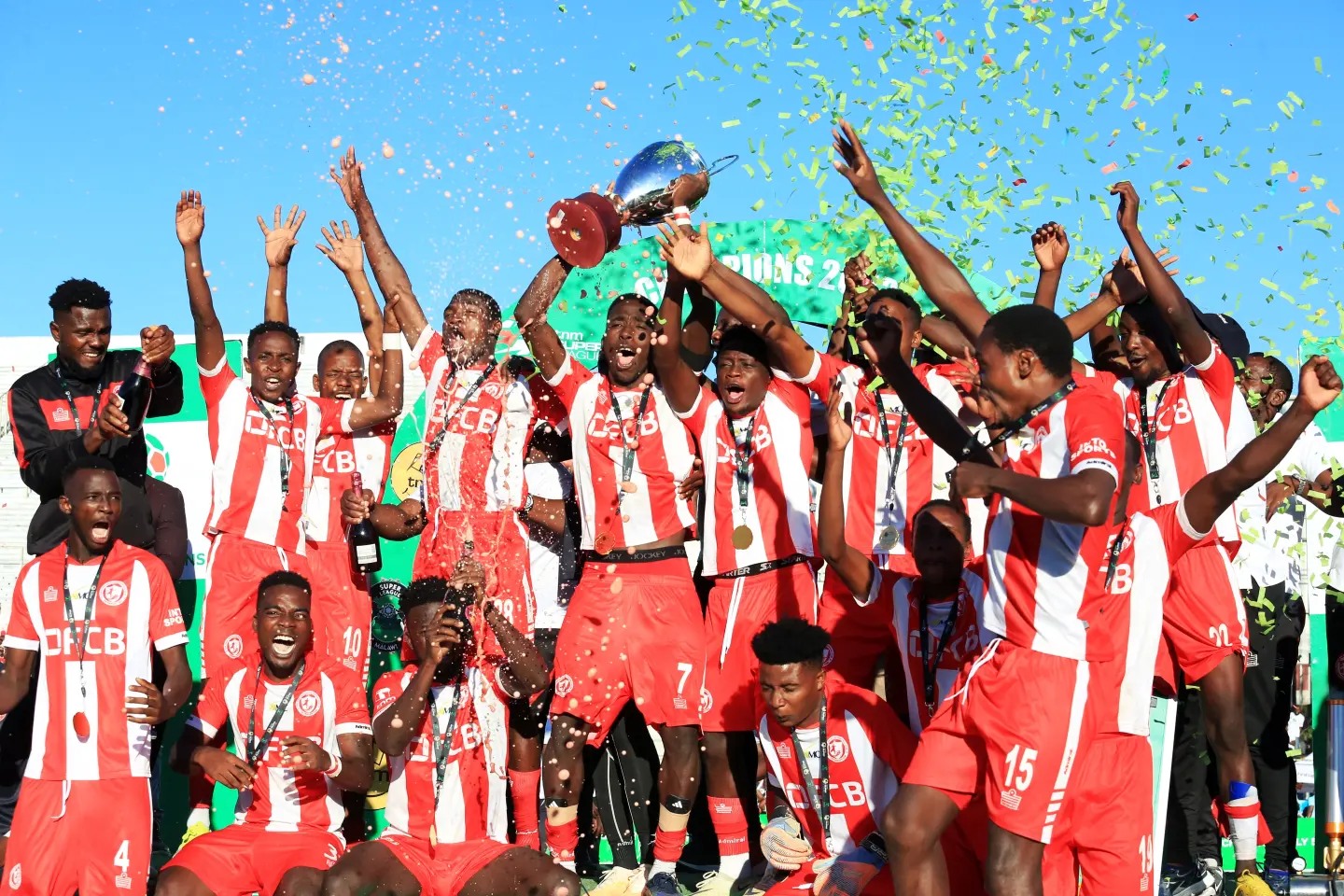Rebellion hits boxing
 The National Professional Boxing Committee (NPBC) claims to have broken ranks with the Malawi Boxing Association (Maba) and applied for registration as an ‘independent’ commercial entity to spark fierce constitutional sparring.
The National Professional Boxing Committee (NPBC) claims to have broken ranks with the Malawi Boxing Association (Maba) and applied for registration as an ‘independent’ commercial entity to spark fierce constitutional sparring.
Â
NPBC’s move has put Maba’s constitution at big test against international boxing standards with amateur boxers as the first victims—they have been banned from curtain-raising professional fights.
In an exclusive interview on Tuesday, NPBC president Lonzoe ‘Defector’ Zimba said they were waiting for a certificate from the Registrar of Companies for their renamed body, Malawi Professional Boxing Control Board before going full swing.
“We are supposed to run like a business entity. The Africa Boxing Union (ABU), to which we are affiliated, only talks professional boxing. It is against international boxing practice for national associations to run amateur and professional boxing and we challenged them to do a research. Sports Council advised us to resolve the differences through a meeting, but Maba were avoiding us,†said Zimba.
He further accused Maba of being unaware of its own mandate, claiming the K2 million (about $12 000) donation from President Joyce Banda was meant for professional boxing, but they ‘diverted’ it to amateurs failed trip to Morocco.
Quest for independence
The quest for independence has forced Maba, with the Sports Council’s backing, to warn that unless NPBC consults its stakeholders, seeks constitutional blessings for independence with powers clearly defined, it cannot run professional boxing.
In the response to a questionnaire, Maba general secretary Arthur Nanthuru hit back at Zimba, saying “we have advised them on the right procedure, but they have not wanted to respect our advice. They need to be open about their intentions and the people that they represent.â€
Nanthuru said they had no problem with the creation of a new body, but challenged that talk of Maba being restricted to amateur boxing smacked of ignorance of the Maba constitution Article 3 and 6 (2) which mandates it to regulate professional boxing as well.
“In fact, the NPBC was created by the Maba constitution. To say that Maba has no mandate for professional boxing when the constitution says so is to evince a strange but deep level of unknowingness,†Nanthuru said, adding that Maba’s meeting of September 17 2011 accepted NPBC position, but demanded minutes and draft constitution.
Maba is affiliated to the council in Malawi and internationally, to International Amateur Boxing Association (AIBA) whereas NPBC is under Maba locally and across the borders, the Africa Boxing Union (ABU), among others.
“Yes, it is based on AIBA Statutes that the professional boxing organisation cannot be associated with AIBA affiliated National Federation. AIBA is launching a new its own professional boxing programme under its umbrella now,†AIBA official Kim Ho said in a response to an e-mailed questionnaire.
Curtain-raisers
The two domestic boxing entities have been on each other’s necks since 2011 and money prospects in boxing are said to be the underlying cause. One of the promoters confirmed that NPBC had stopped them from putting amateurs as curtain-raisers for professionals’ fights. Retired pugilists curtain-raised Sunday’s meeting between Limbani Masamba and Malani Kayuni at the Motel Paradise in Blantyre.
The council’s executive secretary George Jana on Wednesday said there was need to define clearly levels of power if the NPBC was to split from Maba, warning that it was illegal for anybody in sports business to register elsewhere other than the council.
“They have not reached a stage where they can have two streams. In a sense, we would understand why that is proving difficult. AIBA is a world governing body for amateur boxers, but it has since also instituted a stream for professionals yet there are also other international bodies such as the WBO, WBC and the IBO that sanctions professional boxing,†Jana noted.
He suggested that NPBC might be selective in their argument of the status of Malawi professional boxing taking advantage of the confusion among the world bodies that are seemingly in a struggle over absolute boxing control.
“Unlike in the other bodies, under AIBA for one to become a professional boxer, you start from amateur level with some prescribed number of fights and certain age level, then graduate to professional ranks and countries choose. Our choice was to be affiliated to AIBA as we found their conditions palatable,†Jana noted.
“They need to understand that Maba was not established as a body of amateurs, but boxing in general in Malawi and it has sub-sections, including the NPBC. I do not know under what jurisdiction would the Registrar of Companies register NPBC when it has no investment, facilities and do not own boxers who belong to stables.â€
No professional body
There was an independent professional body called BBC (Boxing Board of Control). It never functioned properly before; on council’s recommendation, it was dissolved and its functions merged with Maba.
On Tuesday, NPBC general secretary Daud Chikwanje told Wednesday’s edition of The Daily Times that they had mobilised several affiliates in asking Maba administration to resign within 30 days. The reasons include Maba’s failure to call for annual general meetings and to fly amateur boxers to Morocco last week.
Nation Online also established that in South Africa, their professional boxing body Boxing South Africa (BSA) is independent of the national association (South African National Amateur Boxing (Sanabo). “And that’s the trend the world over..amateur boxers are not even allowed to train with professional boxers,†one of the South Africa boxing coaches told The Nation on Wednesday.





